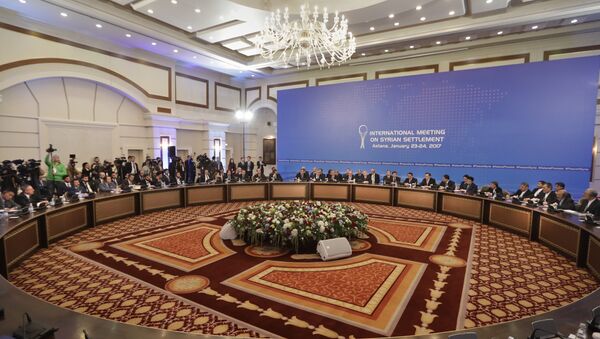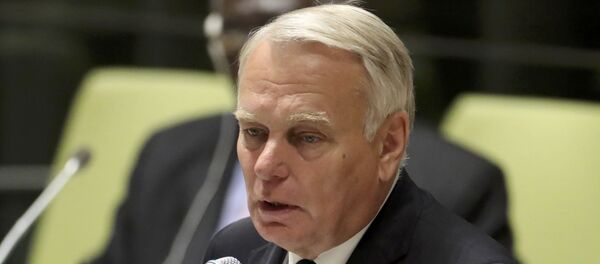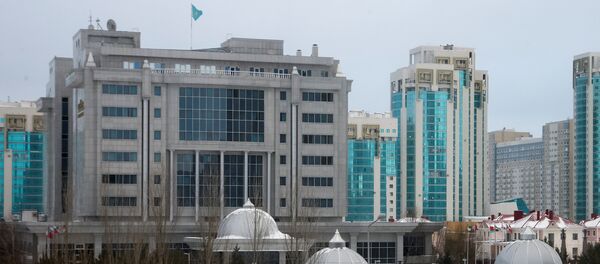The official believes that all parties should consolidate behind the established ceasefire and find a suitable solution to stop the bloodshed in Syria during the ongoing negotiations.
"As for the humanitarian issue, this includes the lifting of the blockade in certain regions, the delivery of humanitarian aid as well as gestures of goodwill to release prisoners. All these steps have been approved by the UN. Now, these provisions are being discussed. If the parties will reach an agreement, we hope it could be helpful during the negotiations in Geneva," al-Aridi told Sputnik Arabic.
At the same time, the official believes that there are many obstacles to the implementation of this plan, including the reluctance of some participants to reach a consensus.
In particular, Al-Aridi accused Iran of disrupting the negotiations. According to him, Tehran would profit from the failure of the meeting, which would lead to "an inevitable and complete destruction of Syria."
Another representative of the Syrian military opposition and one of the leaders of the Free Syrian Army Faris al Biush also expressed hope that the talks in Astana will start a new round of peaceful settlement of the Syrian crisis.
In an interview with Sputnik, Biush said he was confident that the conflict can be solved peacefully.
"We believe that Astana is one of the steps toward a decent peaceful solution. We also trust some of the states that support this process. We hope that we will build a relationship of trust with Russia on this issue. We are positive about Russia's support for the Syrian authorities. But this won't last long, if a concrete decision isn't made," Biush stated.
The Syrian government and the armed opposition negotiated behind the closed doors. The Damascus delegation spoke first, followed by the armed opposition, Russia, Iran, Turkey, the United States and the United Nations.
The Astana negotiations will be followed by a UN-mediated meeting in Geneva expected to take place on February 8.
A nationwide ceasefire in Syria backed by Russia and Turkey came into effect on December 30 and was later supported by a UN Security Council resolution.



